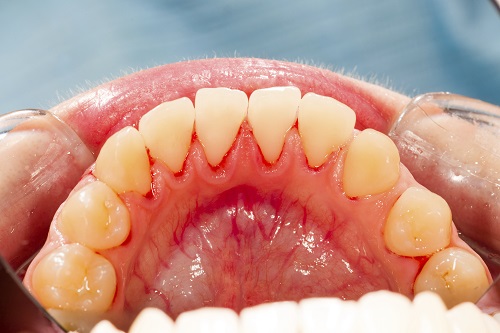South Ogden
Can Gum Infections or Disease Lead to Respiratory Problems?
Some of our patients have reported that they had problems with respiration when they had gum disease. You may wonder if a respiration problem may surface if your gums are infected. If so, read the following information to see how this medical health issue can emerge when you experience periodontitis.

How Periodontal Disease and a Respiratory Ailment Can Be Connected
You may find it incredible that periodontal disease can be connected with a respiratory condition. However, research evidence suggests otherwise. For example, the bacterium that triggers gum disease can easily be directed into the lower part of the respirator tract. People who have trouble breathing often have gum disease problems. Once the bacteria colonize in the lung, they can cause pneumonia for worsen some lung-related illnesses.
Other Factors to Consider
Because smoking is considered one of the top reasons for gum disease, it can also affect the respiratory tract. In addition, tobacco, if it is used, can damage the whole oral cavity. Your immunity is also lowered when you have gum disease. When you have both gum disease and respiratory disease have been diagnosed, we make sure that our dental team works with your doctor to achieve the best outcome. Plus, a chronic respiratory problem can lower the immunity. If your immunity is low, you can experience a number of respiratory problems. While the bacteria embed themselves below and above the gum line, they can also increase the risk of getting pneumonia, emphysema, or COPD (chronic obstructive pulmonary disease).
Do you have problems breathing? Do you believe you also have gum disease? If so, contact our dental team for more information about the condition. Getting treated, by us, for periodontal disease, can help you rest easier. Call us to arrange a convenient time to schedule an appointment for an exam and professional cleaning. This type of condition can make it difficult to stay active, chew, or easily smile. That is why it is imperative that you call our office at the first hint gum bleeding or swelling.
